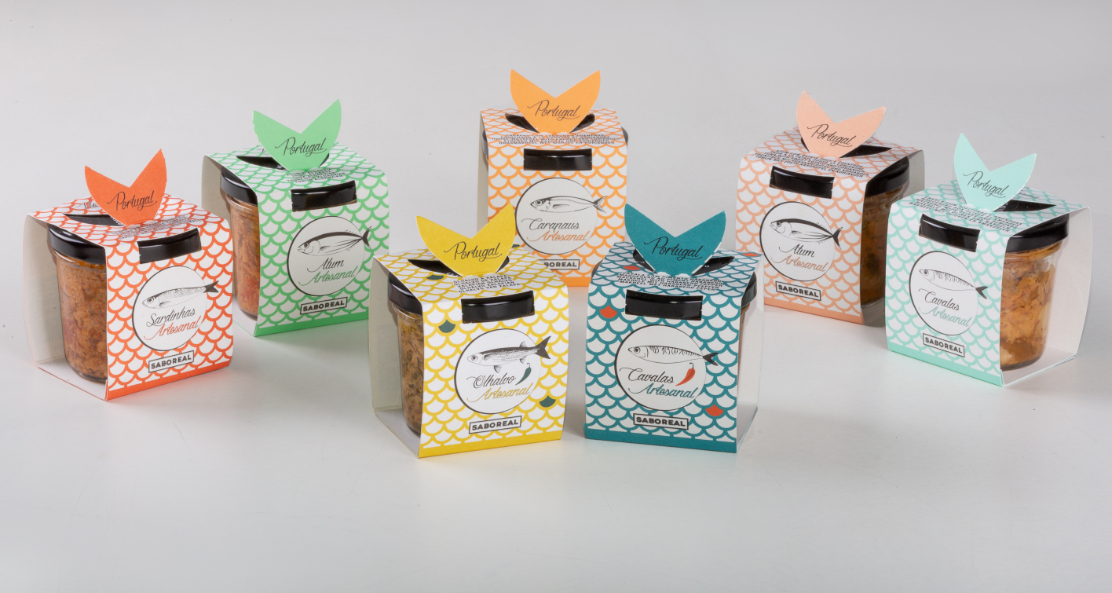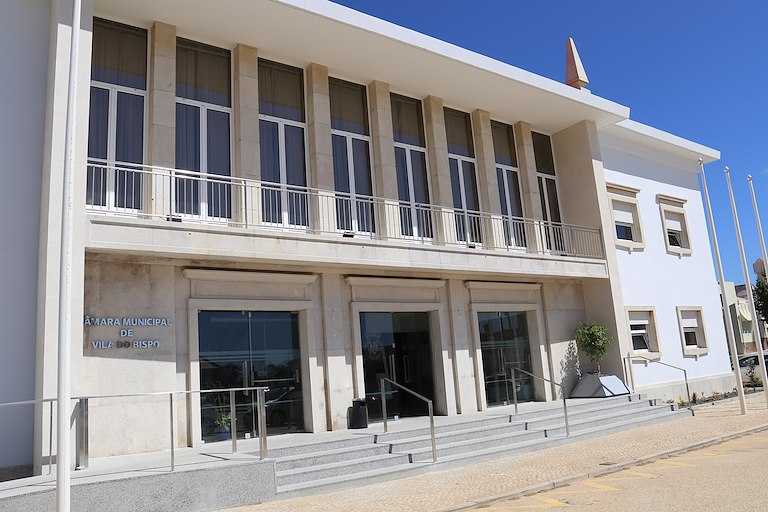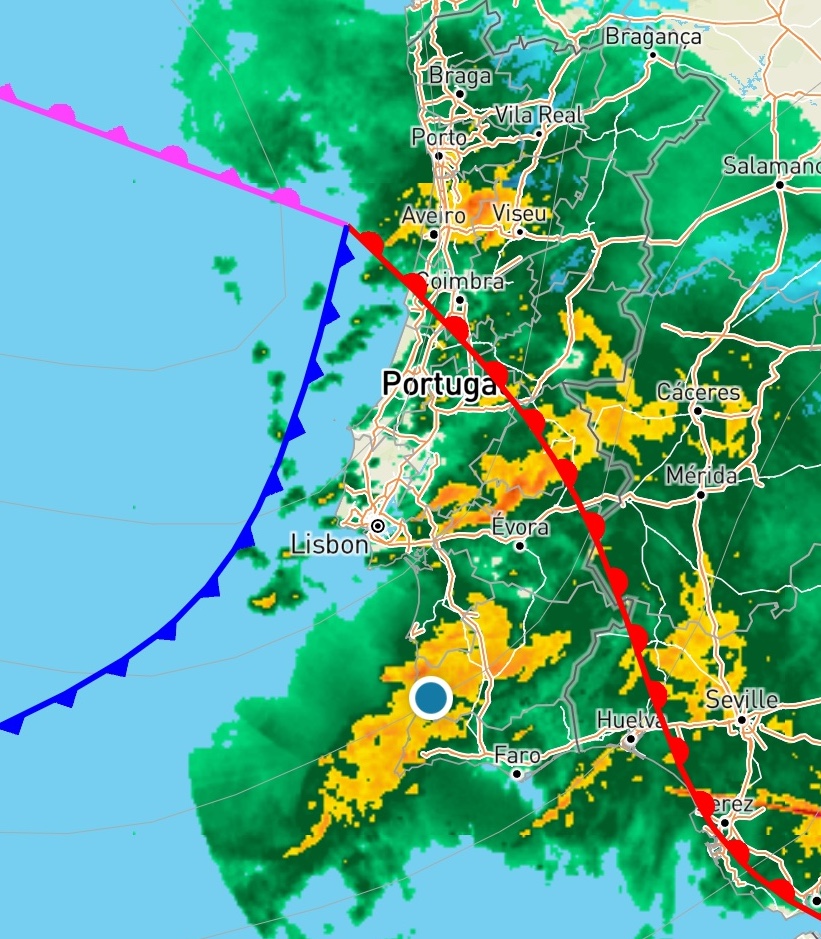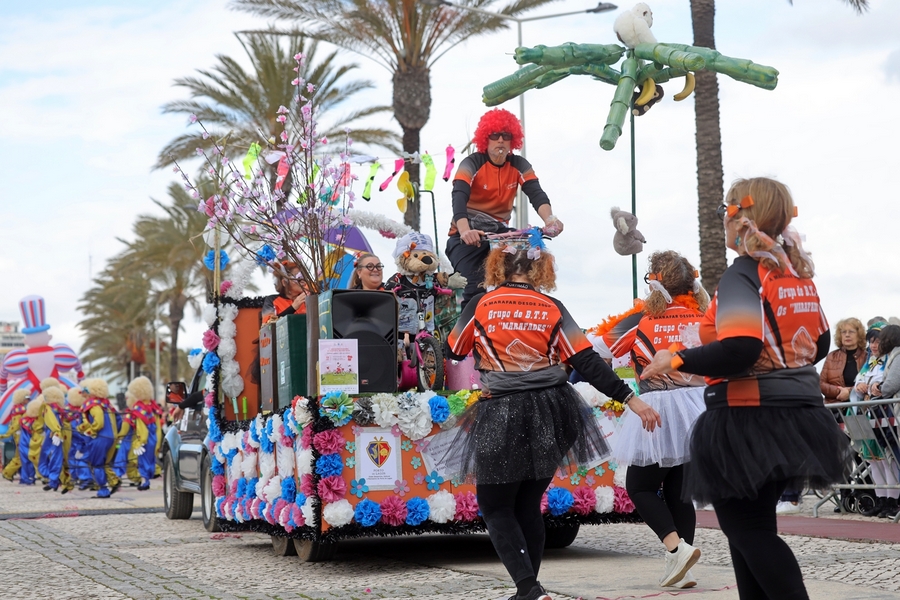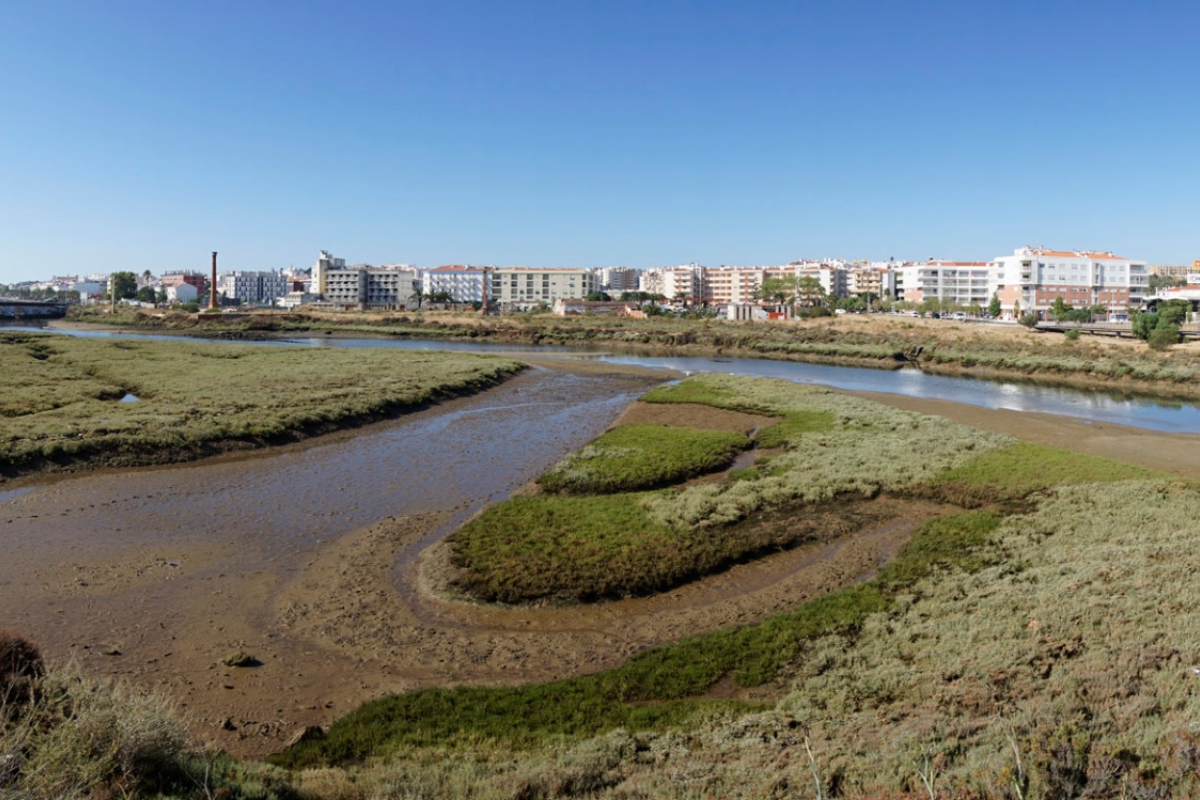My visit to the Saboreal factory in Parchal uncovered a story which started with a chance meeting on a beach and ended with a shared ambition to reinvent the Algarve’s extinct fish canning industry.
I am there to meet one of the partners, Manuel Mendes, at the company’s spacious and immaculate warehouse. The smell of fish emanates from the interior, which is slightly incongruous with the industrial estate where it is located on the east side of the Arade river. We sat down outside the factory in an area which was once the hub of a thriving industry employing over 20,000 people.
Tinned fish has been part of Portugal’s culinary heritage since 1853 when the canning industry was introduced. It became Portugal’s fast food, providing a cheap and convenient source of protein in times of economic instability and food shortages. Canned fish was a practical way to feed soldiers during military conflicts and was exported to the Portuguese colonies. In the 1940s, there were around 200 fish canning factories in the Algarve.
By 1983, Portugal was one of the largest exporters of canned fish in the world: 34,000 tons a year were produced in 152 factories. In the late 1980s and throughout the 1990s, the canning industry suffered a terrible period of decline, in part because of the end of the colonial wars. The final blow was when Portugal joined the EU, which meant the country’s labour force came at a higher price. Many canneries were run by companies in Spain, France and Austria, who moved production to countries like Morocco where wages were low. When factories and producers closed their doors, canned fish slowly became a thing of the past.
Jumping forward to 2014, Manuel, a pharmacist from Ferragudo, was looking for a change in direction, after nine years in business. It was during a year’s sabbatical to decide what he wanted to do that he saw a stranger on the beach and casually waved.
That stranger was Vincent Jonckheere, a Belgian who had been working in the hotel industry and was also looking for a different career path. The two men got chatting. Vincent had learnt about the Algarve’s past industry at Portimão Museum, which is located on the Arade river. He left thinking: why is there no factory along the Arade River? Would it be possible for me to reignite the past?
Vicente explained his idea of restarting the fish industry to Manuel. He mentioned it was hard for a foreigner to know how to start a business, so Manuel offered to help him with no idea of entering into the business himself.
It was later that Manuel started to mull over the idea; the possibility of reclaiming some of Portugal’s proud heritage sparked a passion in him. “I have met many elderly people who worked in those factories and remember those days. And yet, the canning industry had been forgotten and replaced with tourism. Those former workers are delighted to see us trying to resurrect this industry. In the Algarve, our plentiful fish is a gift which we should be utilising. As we have seen with COVID-19, if we only focus on tourism we are setting ourselves up for a terrible fall.”


Manuel and Vincent did not intend to repeat the mistakes of the past with low quality and low cost. In fact, the opposite is true: they send fish buyers to the docks as dawn is breaking, selecting the best of the night’s catch.
In the early days, Manuel was spending two hours a day with pharmacy customer and former tinning factory worker Fernanda just learning how to select fish.
“Fish canning machinery is also expensive,” explains Manuel, “so we put our fish in jars, which required a lower investment and gives more of an impression of quality”.
In 2019, they received EU funding for the promotion of fish-related companies; this helped them get on the right track. Manuel believes their success shows their business model was correct, and most importantly, that he made the right decision to get involved with the venture. “I am doing something I am proud of, which reflects the history of the region where I was born,” he says.
Their product is more than just fish. They create delicious combinations of flavours by adding other high-quality ingredients. Mackerel is blended with almonds and olives, sardines with tomato, onion and lemon juice. “We enjoy experimenting,” explains Manuel. “Last week we tried fish and figs, and it didn’t work! Then we tried something else and it was delicious”.
I don a hat, mask and feet protectors to explore the factory, which is a textbook lesson in minimalism and efficiency. The process requires only six employees and starts with the arrival of vegetables from local producers. Portable tables are moved around the space for different elements of the preparation. A large steamer partially cooks the fish, allowing them to remove the bones. Vegetables, lemon, juice, garlic and tomatoes may be added and everything is mixed by hand before being put into jars.
Manuel’s training as a pharmacist helped him develop the finishing touch. The jars are placed in a huge pressure cooker, which finishes the cooking and sterilises the product, allowing it to remain fresh for two years.
Finally, the attractive packaging is added, and it is ready to hit the shelves of a range of specialist shops retailing at around €3.80. Larger, unpackaged jars go to hotels and restaurants and Saboreal has developed unique recipes for some of its commercial customers.
The company exports their delicacies to many other European countries, Hong Kong, Singapore and Macau; however, they are still looking for a retailer in the UK. Another ambition is to expand their factory to incorporate tastings where visitors can learn more about the art and history of the region. You can already book tours directly through their website.
I held my own tasting for some friends, and the appreciation was unanimous, even from the kids. We sampled the various flavours on Carr’s biscuits and the result was delicious. For a healthy lunch you could layer the fish on a bed of salad. It is not a paté – you can see the original ingredients in small chunks – so it doesn’t need to be spread on bread or biscuits. A vegetarian range using organic vegetables is currently in development.
The company name is a play on sabor (taste) and real (true). I can concur on its aptness. Not only is Saboreal producing exciting new flavours, but the company is reviving the former taste of the Algarve’s sadly depleted canning industry.
